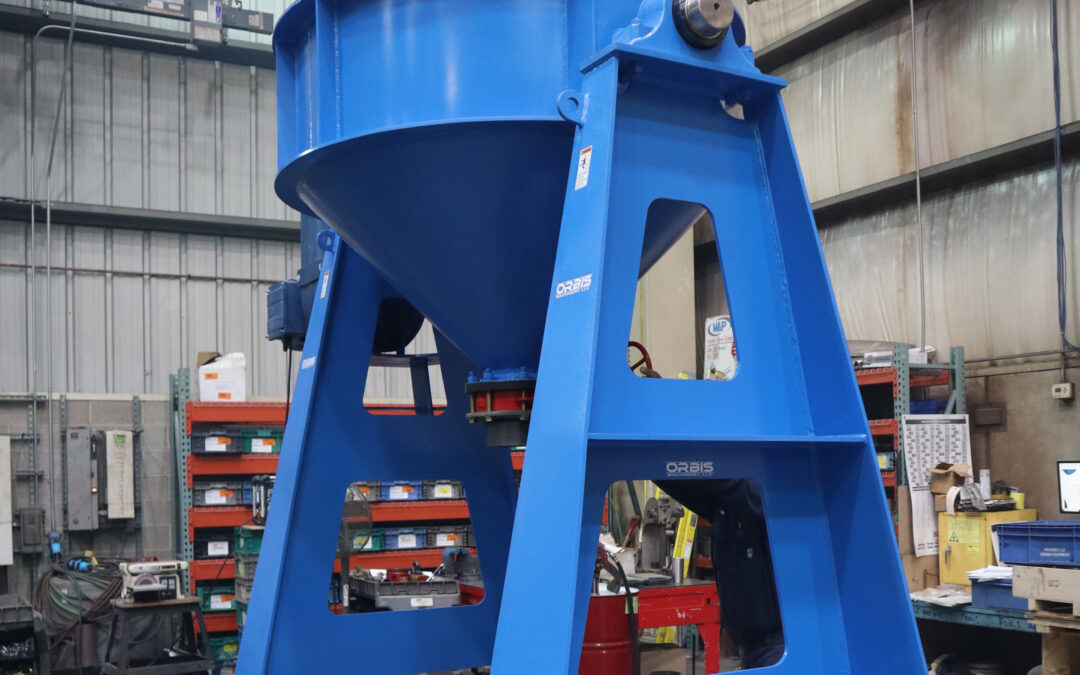Across the United States and globally, authorities are clamping down on people’s movement as a modus operandi to control the spread of Covid-19. Whether it’s a stay-at-home order, or a shelter in place, the directives differs from cities to cities across the US. This basically means that everyone must stay at home except for essential businesses. This further raises the question of what is considered an essential business especially during this crucial time.
While many consider grocery stores, food production, healthcare, shipping, pharmacies, law enforcement, first responders, banking, utilities, media and governmental services as essential, questions are being raised as to the essential nature of manufacturing companies. The essential nature of manufacturing companies are being argued by scores of manufacturers across the United States who believes their business is essential for the livelihood of their employees, the survival of the economy, and most importantly, public good.
When the shelter in place order was issued by counties in the San Francisco bay area on March 16, one of the manufacturers that defied the order was Tesla. The electric vehicle manufacturer argued that the Department of Homeland Security deemed the manufacturing sector as critical. Even though the company later shifted ground and agreed to close it doors on March 19, there are still concerns about the classification of the manufacturing sector as nonessential.
It’s pertinent to state that the classification of what is essential or non-essential falls within the prerogative of each state. It’s totally the responsibilities of the state Governors to designate what they believe is essential while the stay at home or shelter in place directive is still in place.
Manufacturers Cannot Close Factories, It’s a Looming Recession
Currently, the world is at the edge of a looming global recession. This is the result of the shutdown of factories across China at the peak of the Coronavirus pandemic that so far killed 3,270. While the factories are gradually opening up in China, closing factories in the United States would cause further damage to a recession prone economy. What the stay-in-place orders imply is that 12.85 million jobs according to the Bureau of Labor Statistics would be at stake. While it’ll also be difficult to contribute close to $2.88 Trillion it contributed to the Gross Domestic Product in 2018.
The question on the mind of manufacturers right now is, why would a sector considered to be an essential component of the GDP be considered non-essential at a time like this? Of course, with the deadly nature of the pandemic, not all manufacturers can remain open, but not all should remain closed.
Which Manufacturing Factory Should Remain Open?
While service driven businesses are at the mercy of the coronavirus outbreak, manufacturers are also struggling and looking up to the government to keep their factories opened. Unlike what has been experienced since 1940, heavy industries are being asked to closed down. On March 18, President Donald Trump declared himself as a ‘wartime president” and part of his cards is to authorize the Defense Production Act which was only effective during the Korean war. The Act grant powers to the government to direct industrial capacity. While the government directed manufacturers to manufacture ammunition for the prosecution of the war, the government informed the media of it discussions with automakers to ventilators which is vital to the treatment of people infected with the virus.
In response to the pandemic, the Department of Homeland Security issued what it called the CISA list. The list itemizes businesses that it considers as essential and this can be the point of argument of manufacturers that falls within the list directly or indirectly. In the CISA list; food and beverage manufacturers, manufacturers that supplies other essential businesses with materials necessary to operate. This covers manufacturers of computers, sanitary, audio and video, medical and orthopedic, diagnostics, soaps and detergents, personal hygiene product, and food and food additives. Others include; companies that manufacture and distribute essential products for healthcare, pharmaceutical, technology, agriculture, transportation, energy, petroleum and fuel among others.
To know if you fall into the essential list as a manufacturer, you may want to refer to the CISA list by the Department of Homeland Security.



